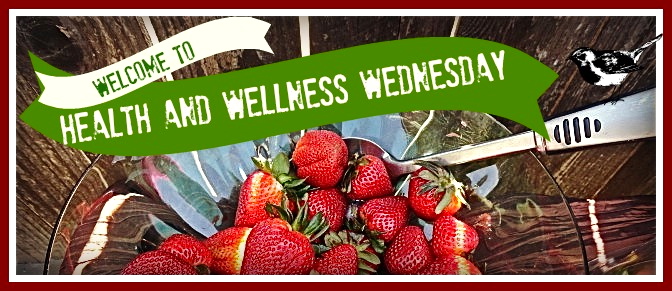
I’ve been working on a speech the past three weeks or so to compete in an upcoming Toastmasters contest. Recording myself and watching it is super helpful so I can catch any bad habits I need to work on. Slowly, but surely, my speech is coming together. The message is important to pretty much all of us, so I’m passionate about it.
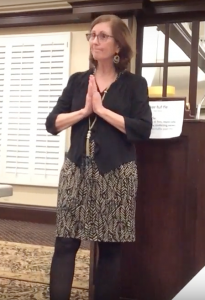
The video below is my latest presentation of the speech at my Toastmasters’ meeting. I wish I could say I nailed it, but I didn’t, so I’ll keep practicing, but first I need to revise it. Again. I’ve probably tweaked it at least 30 times. Almost there!
For those who are unable to watch the video, here’s the speech:
I Have Good News and Bad News
First, the bad news: Alzheimer’s disease may soon outpace heart disease. Presently, there’s no known cure.
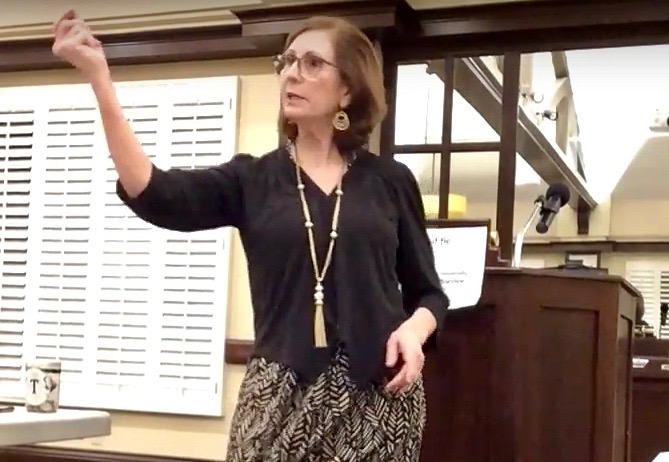
Now for the good news: I’m going to share fun ways you can lower your risk of getting this dreadful disease.
A study published in The New England Journal of Medicine reported there are leisure activities we can do to help prevent Alzheimer’s and dementia. To name a few:
- Reading
- Playing board games
- Playing musical instruments
- Dancing
There’s More Good News
An article in Getting Healthier titled “How Dancing Can Prevent Alzheimer’s Disease” addresses how creative thinking and making decisions helps improve memory and brain function.
The article lists activities that involve creative thinking. Raise your hand if one of these appeals to you, even if you don’t know how to do it yet:
- Ballroom dancing
- Crossword puzzles
- Sudoku
- Reading
- Learning a foreign language
- Small detail crafts such as needlework, knitting and sewing
- Cooking classes and practice
- Drumming
- Learning a new skill
If you’re not sure what new skill to learn, I highly recommend juggling. According to Nature magazine, juggling increases gray matter. It improves your brain and your coordination just by practicing the movements.
There are so many variations to juggling, you’ll never run out of new skills to learn.
All of those activities involve creative thinking and help reduce your risk of dementia.
Say what? You mean we can ward off the heart-breaking, brain-erasing disease by participating in fun, stress-relieving activities? Yep.
Doesn’t that make you want to get up and do a happy dance?
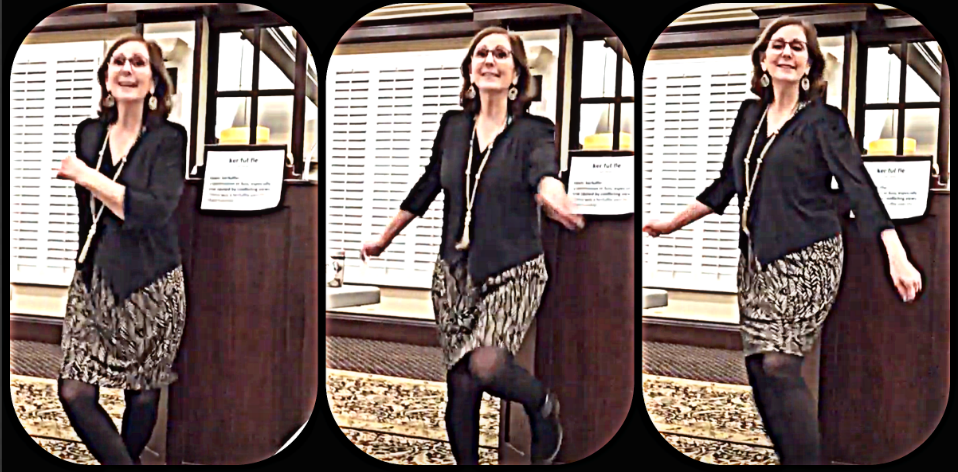
Dancing the Charleston
Here’s a Breakdown on the Results of the Study:
- Sports such as bicycling, swimming, golf, and tennis reduced the risk of dementia by 0%.
- Reading reduced the risk by 35%.
- Doing crossword puzzles at least four days a week showed a 47% reduced risk.
- Dancing frequently reduced the risk by 76%. Specifically – Ballroom dancing known as “freestyle social dancing.” For example, the waltz, Foxtrot, swing, tango, and Latin.
The study explains that ballroom dancing applies various brain functions working together in sync. For instance:
- Music
- Emotions
- Thought
- Movement
- And physical touching of your dance partner
Ballroom dancing applies all of these brain functions. It also involves rapid-fire responses, which create new neural pathways. It’s as if the brain is performing mental gymnastics.
Changing partners kicks it up a notch because we have to adjust to dancing with a different person.
I Have More Good News
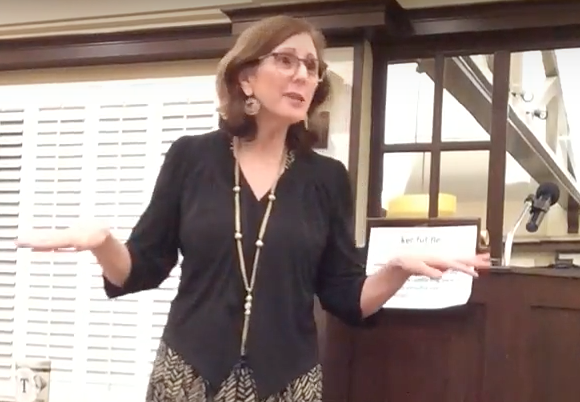
There’s no talent required. Regardless of having two left feet, no sense of rhythm, and no experience in dancing, our brains still improve.
We reap the benefits while learning new skills. That means just going through the process improves your brain.
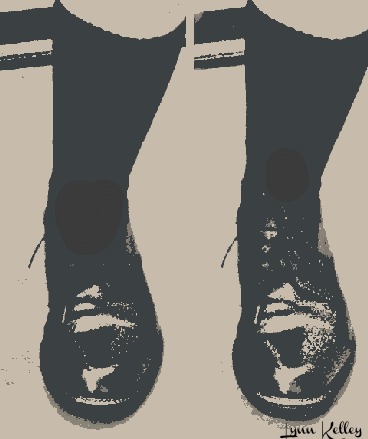
Stimulating the brain by learning new skills is key, especially skills that call for split-second decisions.
There’s Even More Good News
In case you’re unable to dance, other experts are studying the benefits of singing to fight dementia.
What a nice variety of activities to choose from to lower your risk of Alzheimer’s and dementia.
You’ll never get bored if you mix it up. Remember, talent is not a prerequisite to learning new skills, and you don’t have to master your new skills to improve your brain.
New skills can include new sports, news games, or new hobbies, anything you haven’t learned yet or variations of skills you already know.
Experts suggest we start doing these activities now and keep doing them frequently.
So, get out there and dance your heart out, learn new skills, and keep your brain young.
–o0o–

Feedback From My Fellow Toastmasters
After the speech, we had a round robin for club members to offer suggestions to improve my speech. Here are a few of the suggestions:
- My voice is too soft/quiet at the beginning. Need to grab the judges’ attention.
- Incorporate juggling into the speech.
- Start the speech by asking a question.
- Mention that sports activities are good cardio workouts, but this particular study focused on the mind.
I had thought of adding a bit of juggling in the speech, but I’m a long way from mastering juggling and I figured bumbling with the bean bags might be distracting for the audience, plus I might lose my whole train of thought or get the giggles and not be able to compose myself, not to mention going over the time limit, which automatically disqualifies us.
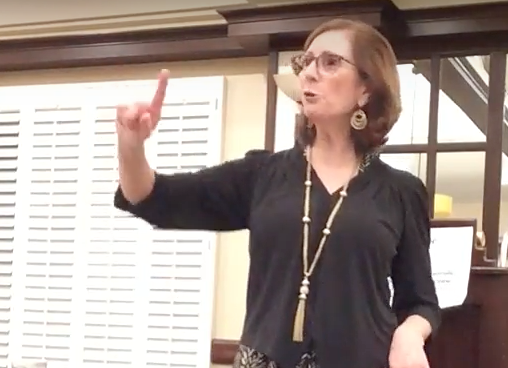
I think I’ll clarify the part about the benefits of sports activities, and I may start the speech with a question. Perhaps something like, “Do you know someone who has Alzheimer’s or dementia?”
Then I’ll mention that my father has Alzheimer’s and how I’m concerned about this disease affecting other family members, friends, and myself.
I sincerely hope this information is helpful to you so you can exercise your brain as often as possible. 🙂
Here are past posts that relate to this one:
- Preventing Alzheimer’s – Part 1
- Preventing Alzheimer’s and Dementia – Part 2
- Benefits of Learning to Juggle
Sources:
- New England Journal of Medicine article,
- Use it or Lose It: Dancing Makes You Smarter, Longer – Stanford,
- How Dancing Can Prevent AD
What are your thoughts? Do you have a friend or family member who has Alzheimer’s or dementia? Do you do any public speaking? Have you ever heard of Toastmasters International?
I’d love to hear your thoughts.
If you’d like to receive future posts, sign up by email in the sidebar.
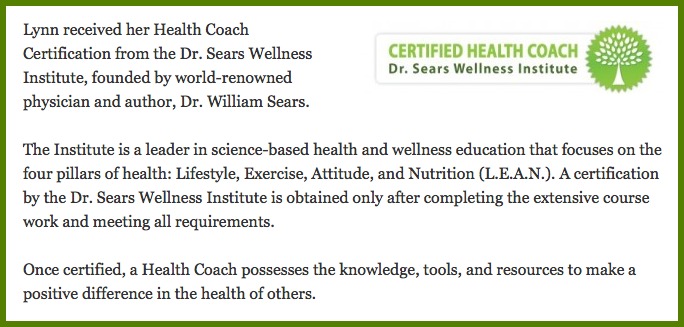

Juggling image: Courtesy of Pixabay



Great info here, Lynn! Thanks for sharing. My grandpa’s death was directly related to Alzheimer’s, and that’s pretty scary. OTOH, my grandma had no problems there – maybe it was all that needlework she did?
Toastmaster’s is a great organization. Good job on getting that speech done, and keep up the good work!
Thanks, Jennette! I’m sorry about your grandpa. It’s a scary and heartbreaking disease. Yes, I bet doing needlework did help your grandma, at least according to that one article.
Yes, Toastmasters is a wonderful organization. I’m so glad I found out about a few years ago. Thanks for the support and for sharing about your grandparents.
Pingback: Dancing Improves Brain Function and Reverses Signs of Aging - Lynn Kelley, AuthorLynn Kelley, Author
Pingback: Learn a New Card Game - 99 - Fun and Easy! - Lynn Kelley, AuthorLynn Kelley, Author